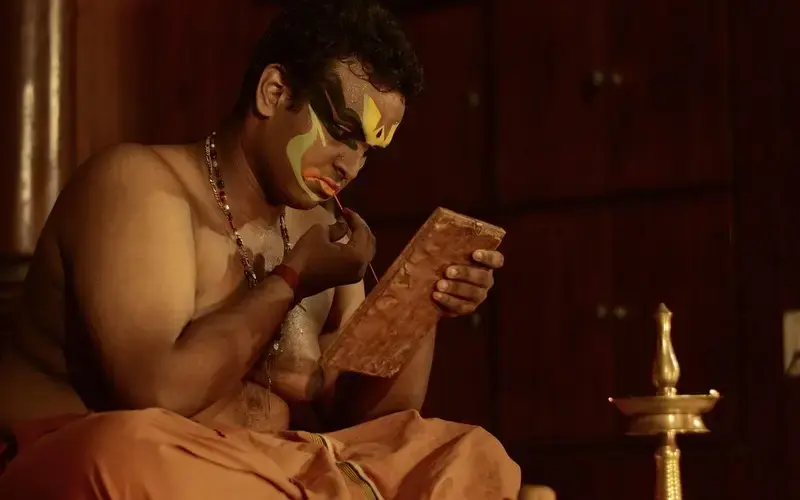


Kerala, located on the southwestern coast of India, has a captivating history. It was a prominent spice trading center for centuries, attracting traders and explorers from across the world, including the Phoenicians, Romans, and Arabs. The region was ruled by various dynasties, such as the Cheras and Cholas. It later witnessed European colonization, primarily by the Portuguese, Dutch, and British. Kerala played an active role in India's freedom struggle and became a separate state in 1956. Today, it stands as a thriving and culturally rich state, celebrated for its lush landscapes, diverse communities, and achievements in healthcare and education.
Kerala, located on the southwestern coast of India, has a captivating history. It was a prominent spice trading center for centuries, attracting traders and explorers from across the world, including the Phoenicians, Romans, and Arabs. The region was ruled by various dynasties, such as the Cheras and Cholas. It later witnessed European colonization, primarily by the Portuguese, Dutch, and British. Kerala played an active role in India's freedom struggle and became a separate state in 1956. Today, it stands as a thriving and culturally rich state, celebrated for its lush landscapes, diverse communities, and achievements in healthcare and education.
Geography: Located in southwestern India, Kerala is known for its lush green landscapes, backwaters, and coastline along the Arabian Sea.
Cultural Diversity: Kerala is a melting pot of cultures, with a blend of Hindu, Christian, and Muslim communities, and it celebrates numerous festivals and art forms.
Education: The state boasts high literacy rates and prestigious institutions like the Indian Institute of Technology (IIT) and the Indian Institute of Management (IIM).
Healthcare: Kerala is known for its quality healthcare system, often referred to as the "Kerala Model," which focuses on public health and primary care.
Tourism: It's a popular tourist destination, offering houseboat cruises on the backwaters, wildlife sanctuaries, and Ayurvedic wellness retreats.
Spice Trade: Kerala was historically a major spice trading hub, attracting traders from around the world, and it's often referred to as the "Spice Garden of India."
Natural Beauty: The state is home to the Western Ghats, which are a UNESCO World Heritage Site, and it boasts diverse flora and fauna.
Languages: Malayalam is the official language, but English is widely spoken, making it accessible to tourists.
Cuisine: Kerala's cuisine is famous for its use of coconut, spices, and seafood, with dishes like appam, seafood curry, and banana chips.
Economy: Agriculture, tourism, and remittances from Keralite expatriates contribute significantly to the state's economy.